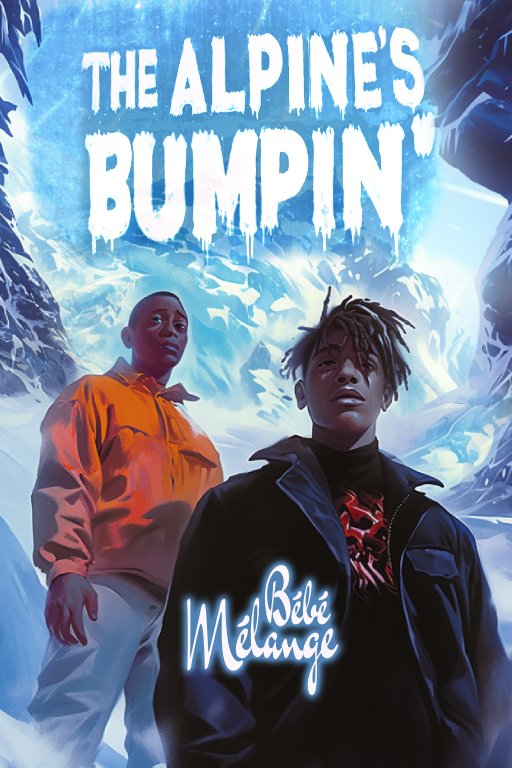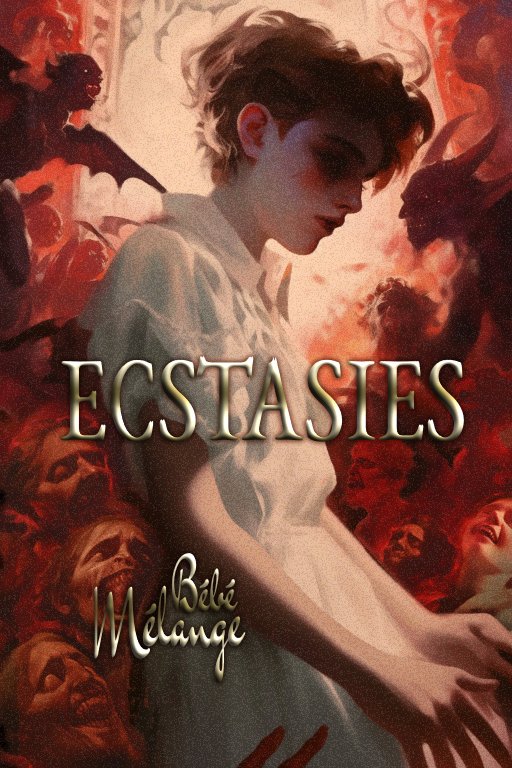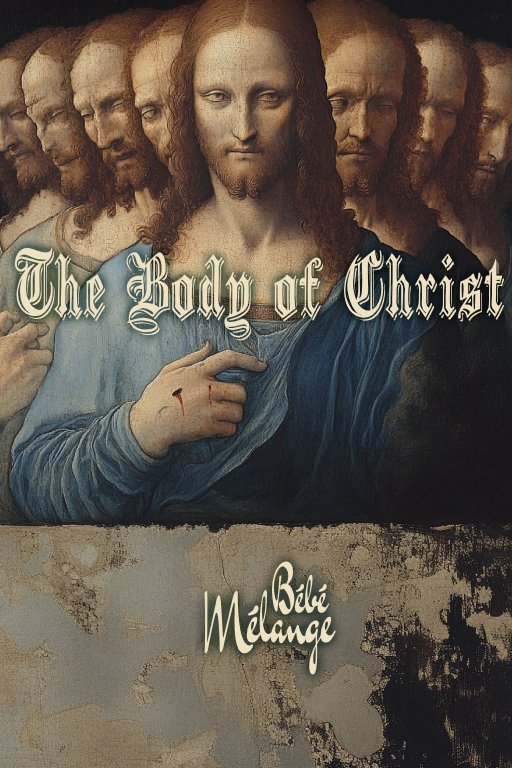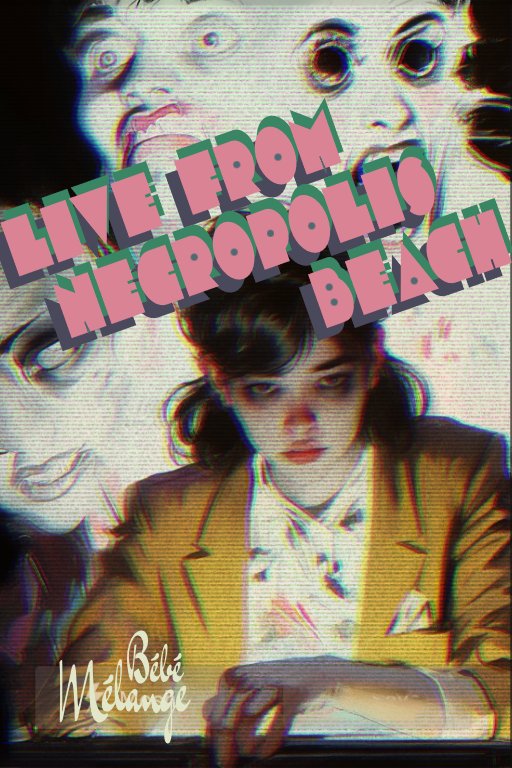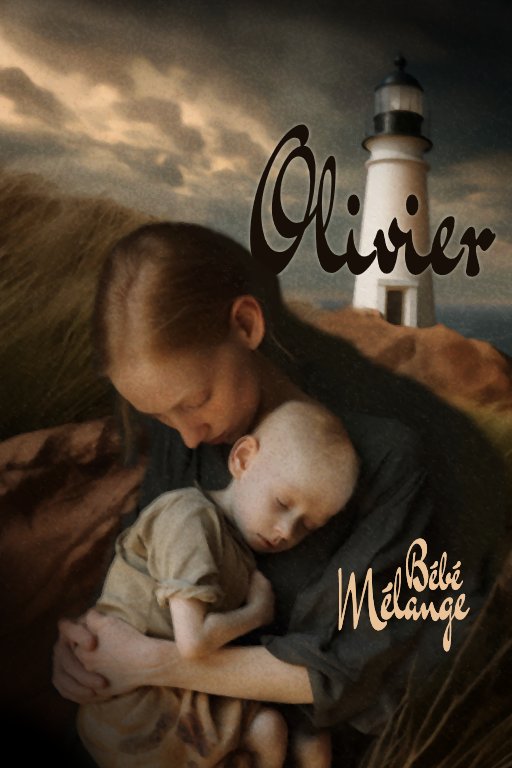SPOOKTOBER 2024!
Spooktober is a 31 day event of coming up with original horror ideas based on prompts my writing group voted on. Carrying forward from last year we’re having optional sub-themes and I’m trying to do them all like Debbie do Dallas. Book covers made with midjourney and photopea.
SPOOKTOBER DAY #25 — SUMMER CAMP/CABIN
(× Survival Horror or Disaster or Trees)
TITLE: Happy Campers (apologies to whichever fifty people first used this title ironically)
PREMISE: Camp counselors (Summer Camp) are very insistent that you have a happy time, the best time of your life. Macrame or get burned with a lighter. Toast the marshmallow but if it catches fire you catch these hands. What’s wrong with them? And is it contagious? Other kids start to get with the creepy agenda, leaving the radicals and non-joiners increasingly desperate for the freedom to slouch in their own independent ways. And not get murdered with hand-crafted natural weapons, like god intended (Survival Horror).
HORROR ELEMENT: It’s a natural disaster (Disaster) because some kind of exotic mold in the trees (Trees) has grown far in excess of its usual amounts, due to its natural predator the jackanory weevil being gobbled up en masse by invasive spotted balinese assassin bugs. When the wind kicks up and the pollen rains down, humans catch something like ergotism. All suffer erratic adrenaline spikes and altered behavior, but the most socially conformist become prone to violent rage and sadistic oppression.
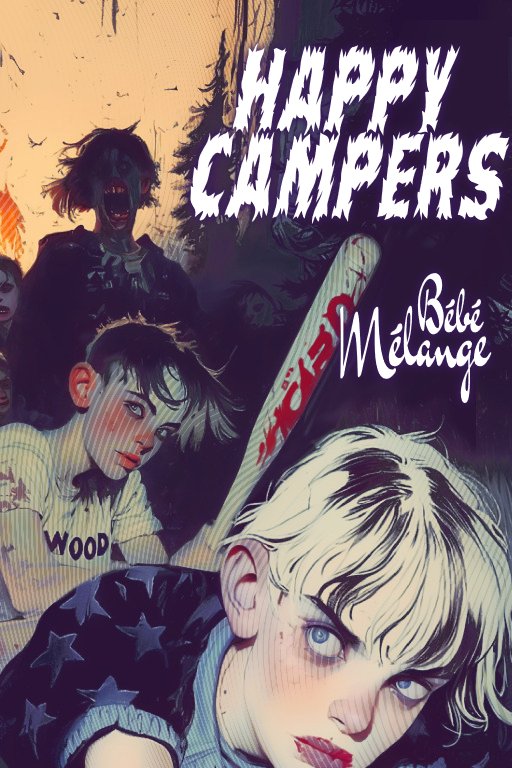
–

